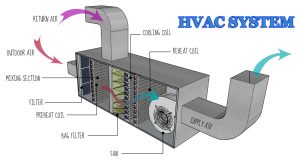Incoterms, widely-used terms of sale, are a set of 11 internationally recognized rules which define the responsibilities of sellers and buyers. Incoterms specify who is responsible for paying for and managing the shipment, insurance, documentation, customs clearance, and other logistical activities.
Incoterms, short for International Commercial Terms, are a set of standardized trade terms used in international commercial transactions. These terms were established by the International Chamber of Commerce to clarify the responsibilities of buyers and sellers in terms of transportation, delivery, and risk allocation. There are 11 main Incoterms, each representing different stages of the delivery process. For example, EXW (Ex Works) places the most responsibility on the buyer, who is responsible for all transportation costs and risks from the seller's premises. On the other hand, DDP (Delivered Duty Paid) places the most responsibility on the seller, who is responsible for delivering the goods to the buyer's location, including all transportation costs and import duties. Understanding Incoterms is crucial for businesses engaged in international trade, as they help prevent misunderstandings and disputes between parties. By clearly defining each party's obligations, Incoterms ensure a smooth and efficient transaction process. In conclusion, Incoterms play a vital role in international trade by establishing a common language for buyers and sellers to communicate their responsibilities in the transportation and delivery of goods. It is essential for businesses to familiarize themselves with these terms to facilitate successful and transparent transactions.







